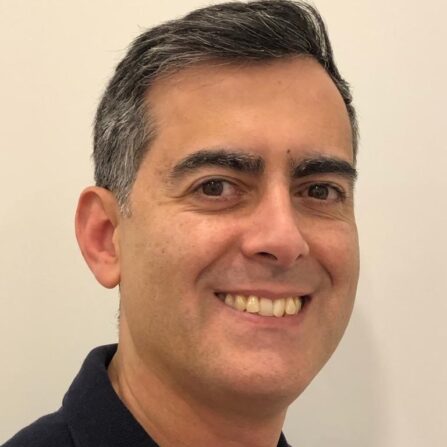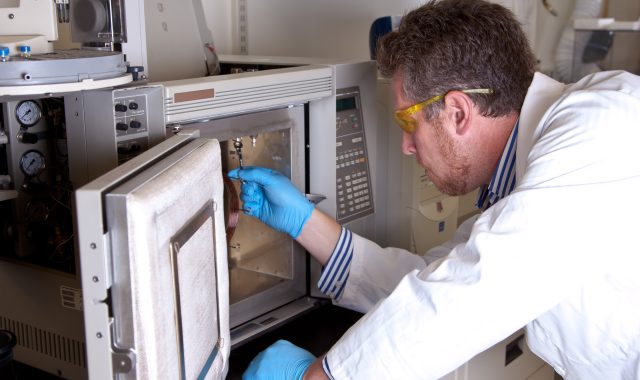
Carlo M.
Mass SpectrometristWhat is the nature of your role and its responsibilities?
I work at the Proteomics Platform. My main duty is to help the researchers design, execute and interpret projects that involve the identification, characterisation, and quantitation of thousands of proteins in biological samples. I also operate, maintain and troubleshoot complex instruments called mass spectrometers.
What led you to follow this career path?
I am fascinated by the instrumentation and pipelines for data analysis in Proteomics. Also, my role allows me to work on several different projects at the same time. I am always learning something new from the scientists who want to use the Proteomics Platform.
What qualification(s) or training did you complete?
I have a bachelor’s degree in Pharmacy/Biochemistry, a PhD in Immunology and two post-doctorates in Proteomics.
How are your qualification(s) or training useful in your everyday job?
My field is in its infancy. So, everything is changing at a fast pace. I use everything I learnt to push forward the boundaries of Proteomics in an always-changing environment.
What does an average working day look like for you?
My days are always different, except for weekly instrument maintenance. In no particular order, I take 2-3 hours of my day for sample preparation and laboratory work. I need around 2 hours to check raw files for quality control and data analysis. Then, I take 1-2 hours to reply to emails and 1-2 hours for meetings and to talk with researchers. In general, I spend another 1-2 hours operating and troubleshooting the instruments.
What aspect of your role do you most enjoy?
What I enjoy the most in my role is the opportunity to apply my knowledge and the amazing technologies of Proteomics to different projects. Each project discussion brings something new and unexpected to work with.
What aspect of your job do you find most challenging?
The most challenging part of my job is clearly and concisely communicating the results to non-specialist scientists, who will derive important conclusions from these results. It is easy to be misled by the results when you are using such advanced and fine-tuned methods.
What would be your top piece of advice for anyone wanting to become a mass spectrometrist?
You always have to be ready to learn. It is important to know the physics of the instruments, the chemistry of the molecules, the biology of the systems under study, the maths and statistics that will guide your conclusions, and also some coding skills to understand the results. In the end, there is a growing need for scientists willing to provide specific technical skills for the large benefit of research groups.

Comments